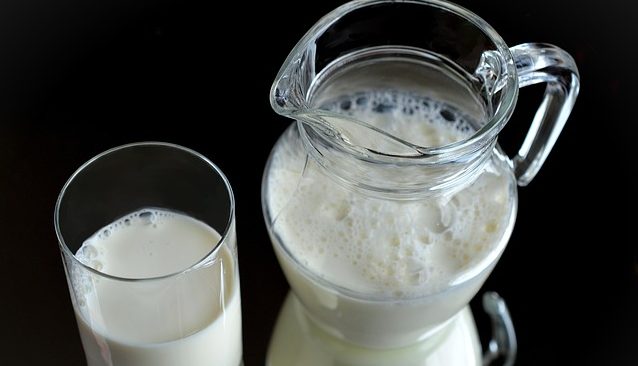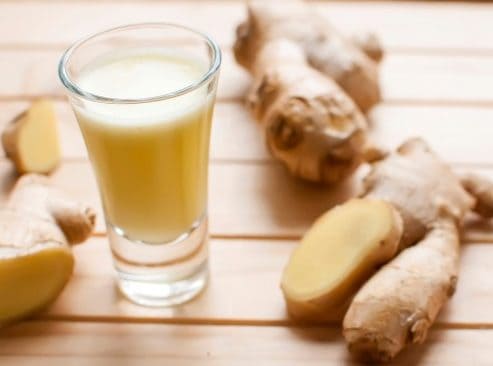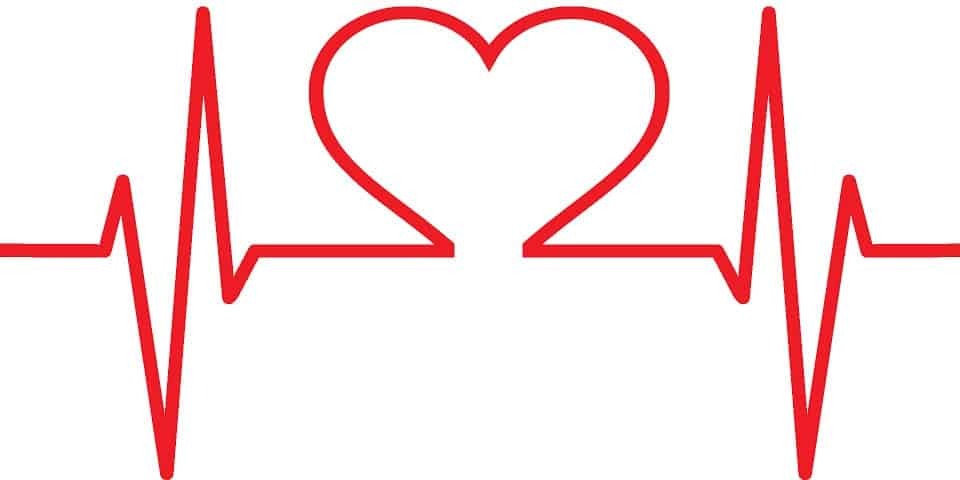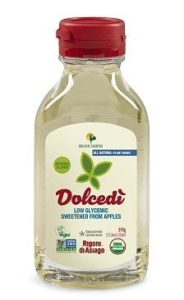Two items crossed my Facebook feed within the last week or so that were textbook examples of how science is ridiculously twisted in pursuit of clicks.
The first one was just silly.

In her column for the British website Stylist, headlined “5 Reasons Drinking Gin Could Be Good for You,” Amy Lewis explains that juniper berries contain vitamin C and other antioxidants and phyto-compounds which, she claims, can fight colds and flu, protect the skin from drying, and boost digestion.
Forget for a moment that there is no credible evidence that juniper berries provide any of these health benefits. Let’s pretend, in fact, that these were all demonstrated effects of the juniper berry. What would this have to do with drinking gin? Absolutely nothing. Continue reading “How the media distorts science. (Harumph!)” >







